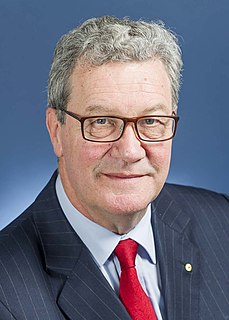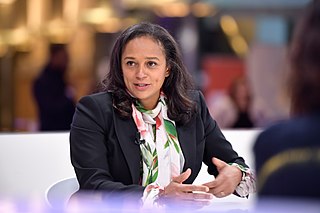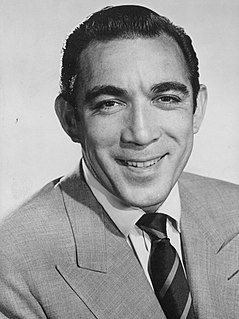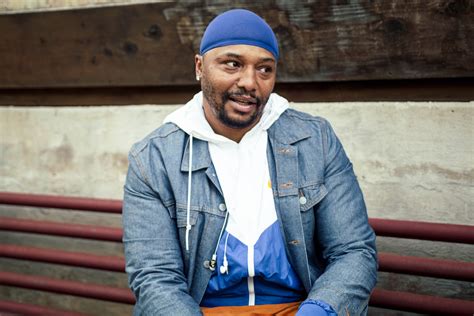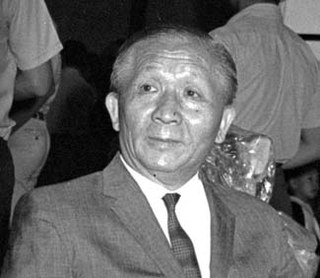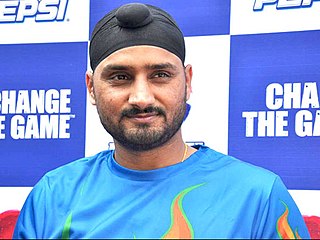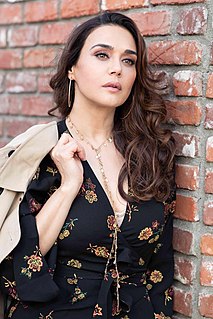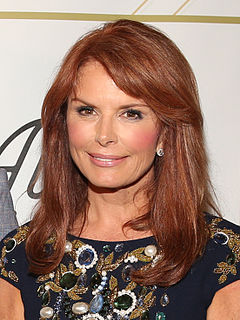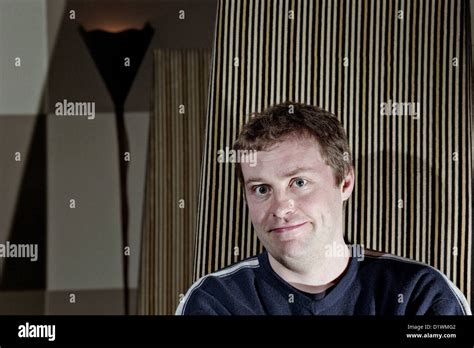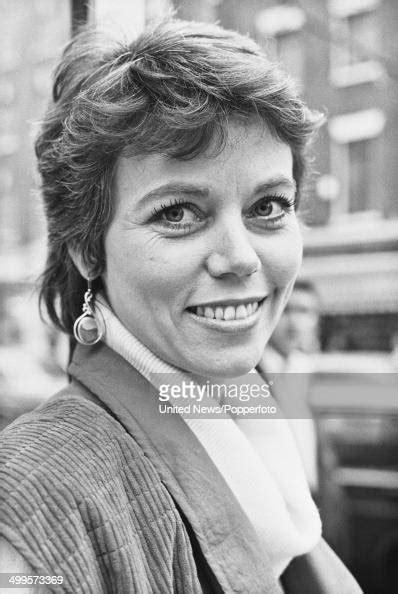A Quote by Bernice King
Often, I am asked, 'What was your father like?' or, 'What would he think?' These are very difficult questions to answer, as I was so very young when I lost my father.
Related Quotes
Well people often ask me how I felt growing up with a father who was a politician and who was often away. But when I'm asked that question I often reflect on my inability really to be able to answer it in any relative sense because I never grew up with a father doing anything else. So I just have no idea what it would be like otherwise.
Being a father is the hardest job on the planet, because we don't have parental instincts like women have. You have to learn how to be a father before you even become a father, from a very young age. It's necessary to override what we're told in society a father should be, like if your son falls and scrapes his knee, you got to be tough. Baseball and all that are cool, but it's the tenderness and interactions that are really important. Boys are different; we have to impart that sensibility and that tenderness to them.
The Son is called the Father; so the Son must be the Father. We must realize this fact. There are some who say that He is called the Father, but He is not really the Father. But how could He be called the Father and yet not be the Father?... In the place where no man can approach Him (I Tim. 6:16), God is the Father. When He comes forth to manifest Himself, He is the Son. So, a Son is given, yet His name is called 'The everlasting Father.' This very Son who has been given to us is the very Father.


